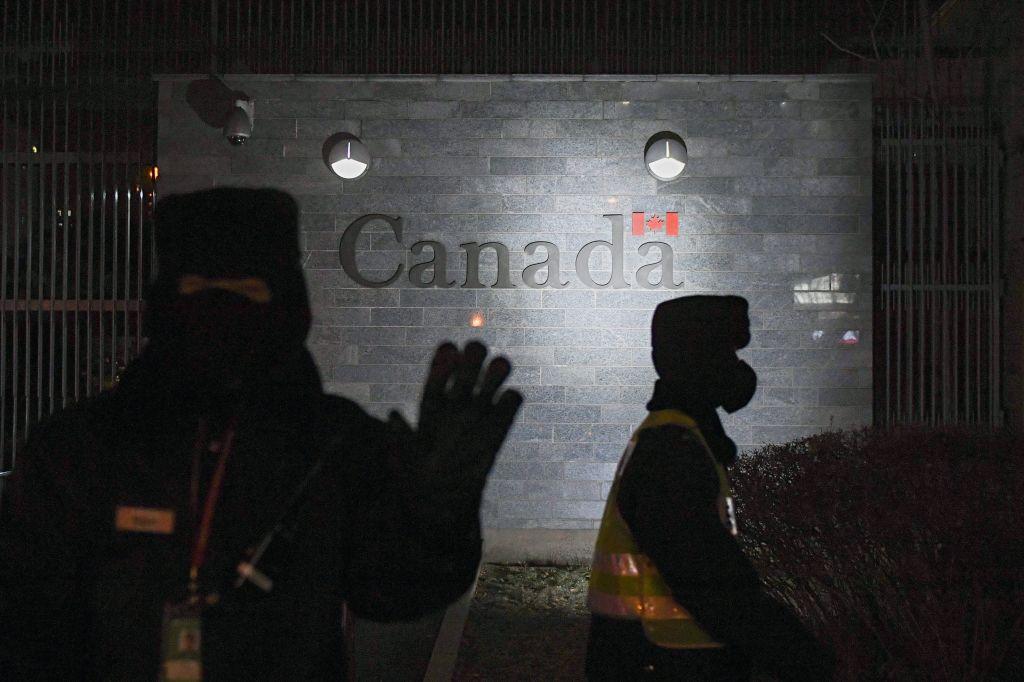A briefing note to Foreign Affairs Minister Mélanie Joly said media reports about Beijing’s interference in Canadian federal elections have taken a very negative tone regarding Ottawa’s approach to the issue, with many urging the government to take concrete action.
“The tone was very negative,” said the briefing note titled “Media Analysis - Allegations of Chinese Interference,” first reported on by Blacklock’s Reporter.





